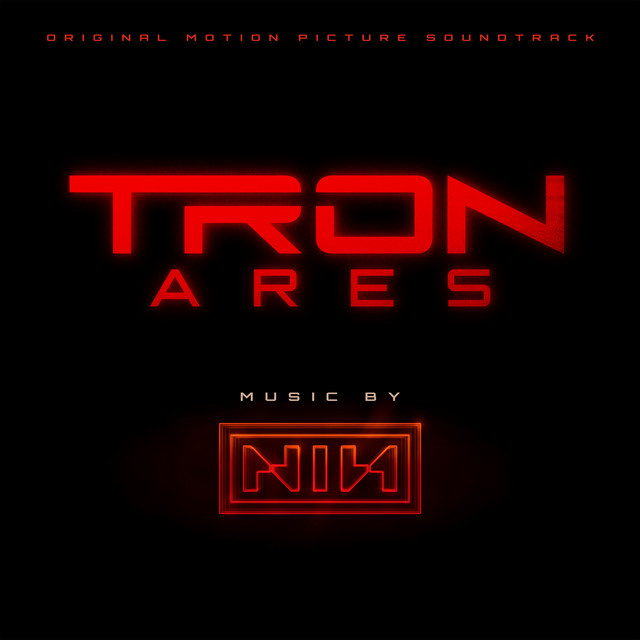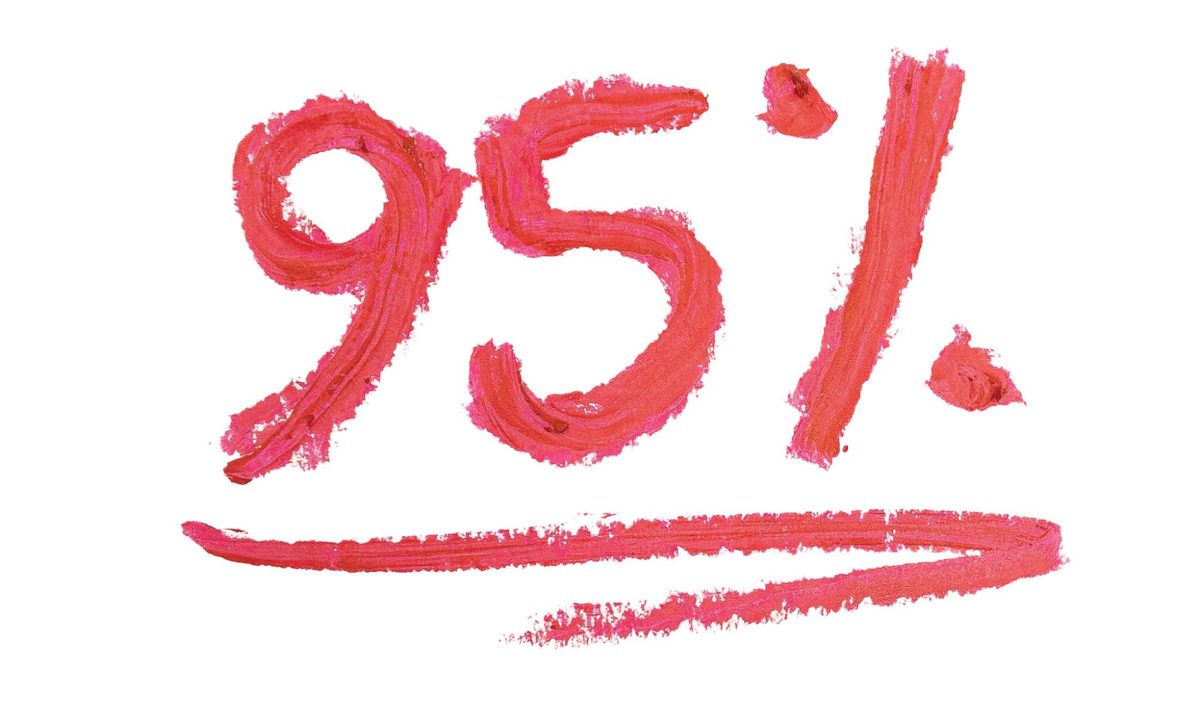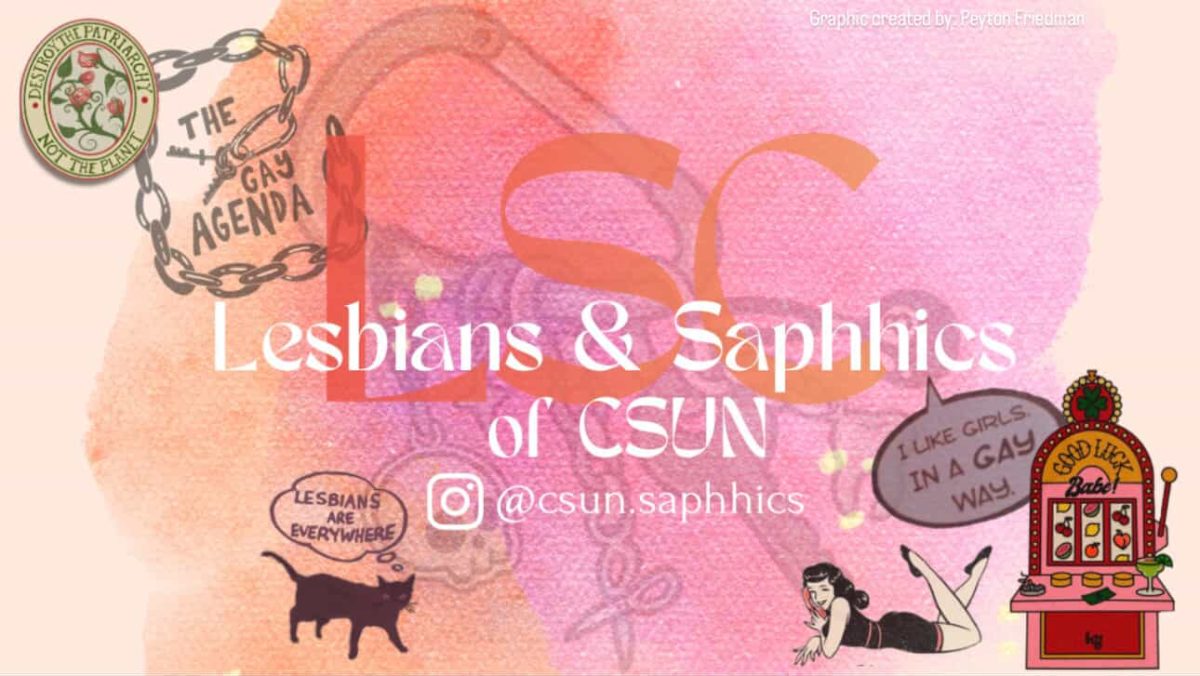
Associated Students President Abel Pacheco and the Students for Change slate pitched the idea of an online student textbook exchange program last spring to reduce the cost of books for CSUN students. But the program, which would have allowed students to come into an Internet chat room to exchange books with other CSUN students for a low cost, has been stalled before it could ever get started.
The program ran into an obstacle when Pacheco began talks with The University Corporation and found out that moving ahead with the program as it was envisioned would violate a contract TUC had with the Follett Corporation. The contract states that the latter corporation, which manages the Matador Bookstore, has exclusive rights to selling textbooks on campus.
That means that if Pacheco and his slate had moved ahead with their program as originally conceived, they would have been in direct violation of the Follett contract by creating direct competition.
Nevertheless, David Nirenberg, director of Commercial Services for TUC, sees no problem with the program itself — just the way the students were planning on implementing it.
“The University Corporation and the bookstore have no problems or any sort of issues other than, contractually, they may not use university assets to do that program,” Nirenberg said.
He added that University assets would be Web pages funded by Associated Students (A.S.), the University Student Union or other servers that had been tabbed to help the online exchange program.
Pacheco and Nirenberg agree that the proposed exchange program would create competition. However, Matador Bookstore director Amy Berger said the store faces many forms of competition, but that competition serves to keep the store sharper at what it does.
“Part of our role is to ensure course materials are correct and those specifically adopted by campus faculty,” Berger said via e-mail. “For students … many know course materials often change, courses are dropped — The Matador Bookstore helps in these situations. Something that would be difficult to address in the exchange format.”
Pacheco said the greater goal was textbook affordability for all CSUN students but with the obstacle posed by the contract, he feels at a loss.
Pacheco said the idea for the now-stalled program came out of a conversation around a Shakey’s Pizza Parlor table.
The idea sparked from their discussion of, “our working goals, what we wanted to do and the steps on how we’re going to do it,” Pacheco said.
The slate had hoped to launch the program exclusively to CSUN students.
“We were thinking of ways to do that,” Pacheco said. “Whether it was through registration, using your login or something where only students could post and exchange with those students.”
But now, prevented by contract from using university computers to start the program, Pacheco feels like there’s no way to move forward.
“Our specific goal, unfortunately, we will not be able to achieve,” Pacheco said. “It sucks for me because this is something that I felt would definitely help out a lot.”
Pacheco might feel totally defeated, were it not for the Rent-A-Text program.
Rent-A-Text was established during the 2008-09 academic year. It provides students with the ability to rent used or new textbooks at a discount 55 percent lower than the shelf price. By the end of the year, students are obligated to return the book. If all goes well, the bookstore plans to expand the program.
“It certainly provides a tremendous value proposition to students,” Berger said in regards to Rent-A-Text.










